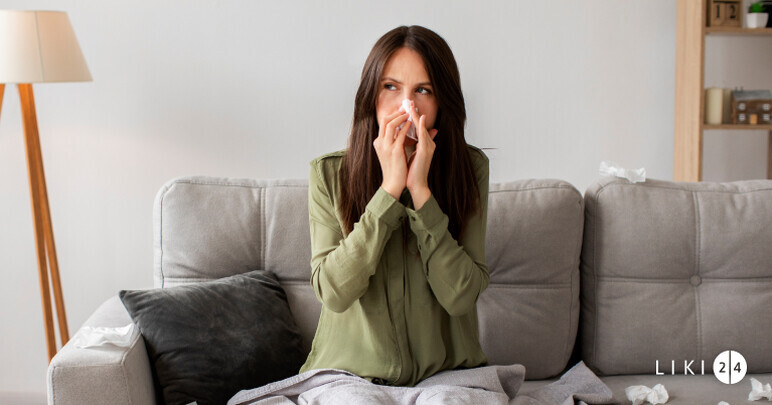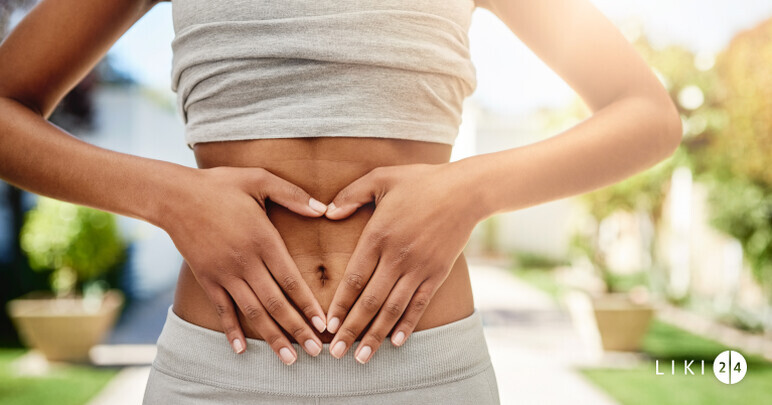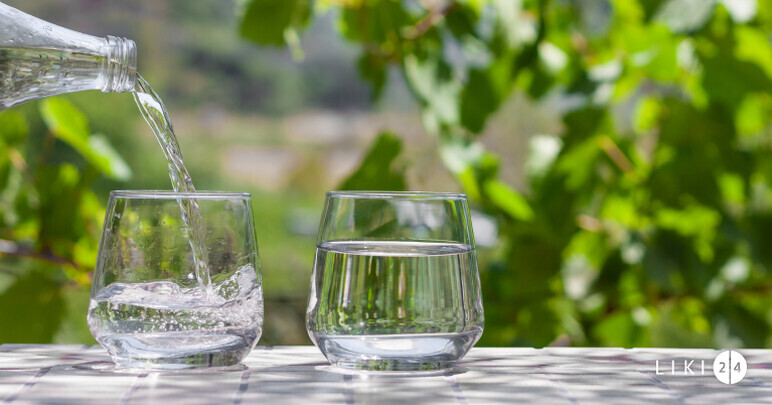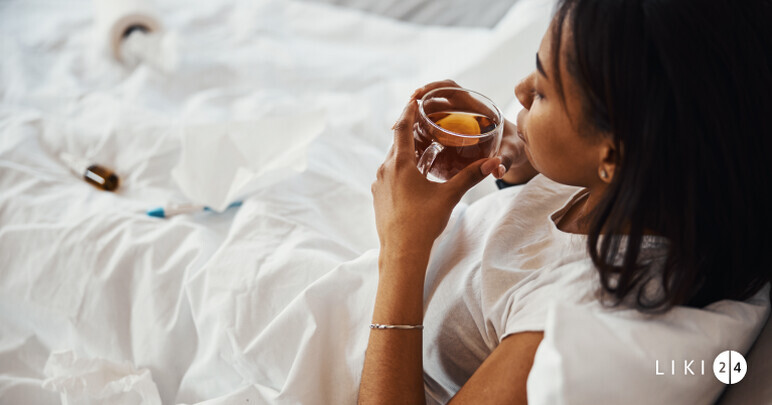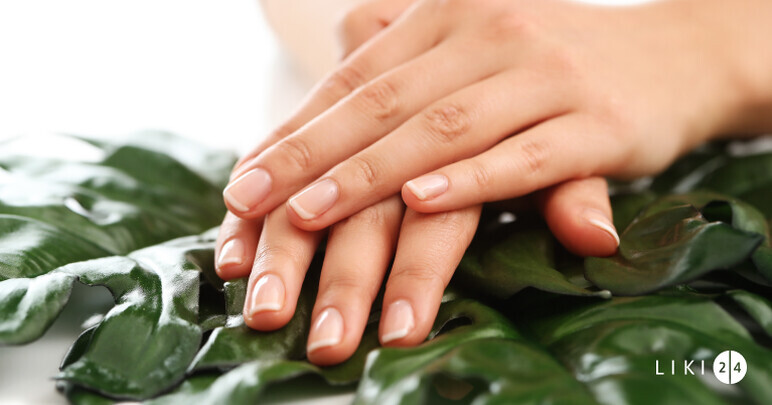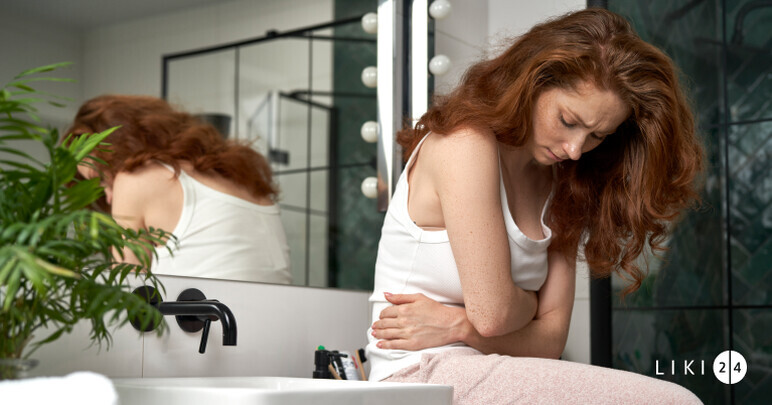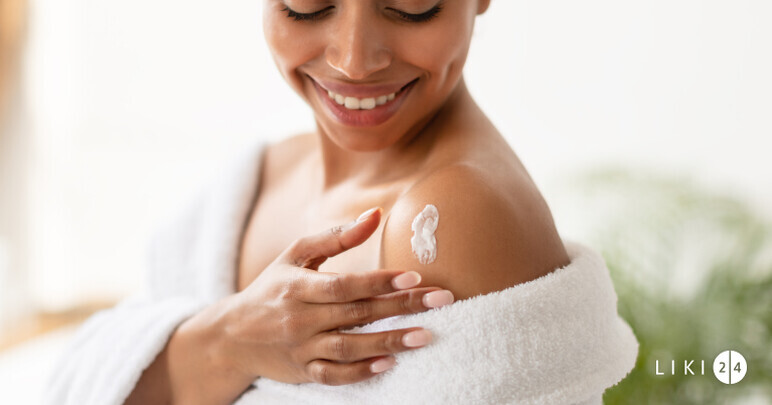Balm with Rosemary extract, 30 ml, Transvital
Celandine


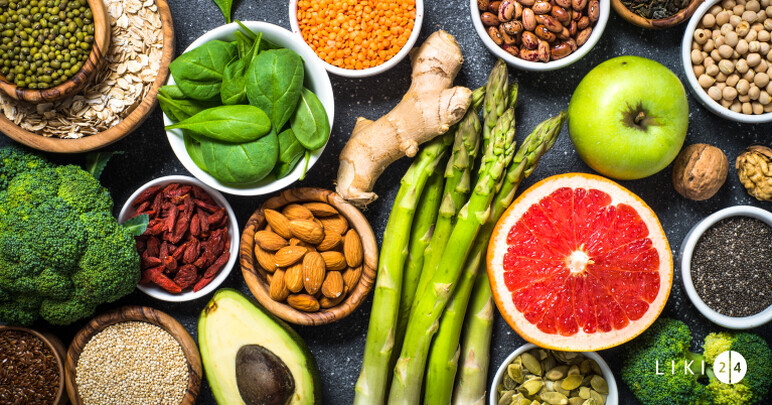
Basic principles of healthy digestion: what helps keep your stomach healthy

Description Celandine
The information in the FAQ section was created by the Liki24.co.uk team and is based on the official manufacturer's manual
Celandine (negelarița) has been used for thousands of years in Chinese medicine due to its properties.
It is currently used to relieve symptoms caused by asthma, eczema, arteriosclerosis, gastric problems and more.
What is celandine?
Chelidonium Majus, as it is scientifically known, is a plant with yellow flowers that can grow spontaneously in uncultivated, shady places, but can also be planted in gardens or pots.
With proper care, it can reach a height of one metre. It is easily recognised by its reddish sap with a bitter taste that is secreted in the stem and leaves.
What are the benefits of Greater Celandine?
Its benefits include:
- Antioxidant role – it contains isoquinoline alkaloids and flavonoids, substances known for their antioxidant properties;
- Stimulates bile secretion, helping digestion to function normally
- Supports gallbladder health – a mixture of celandine and turmeric can help reduce cramps, stomach pain and bloating;
- Reduces the symptoms of rheumatoid arthritis - this condition occurs when the immune system attacks the bones and bone cartilage. Greater celandine extract blocks inflammatory proteins, which can reduce swelling, pain and inflammation;
- Antimicrobial role - helps to eliminate the microorganisms responsible for the appearance of Staphylococcus aureus;
- Relieves or removes warts - thanks to its latex content enriched with cysteine protease, it helps treat warts;
- Treats Irritable Bowel Syndrome (IBS) - a mixture of alcohol and celandine soothes the symptoms of this condition, and celandine-based supplements can relieve stomach pain;
- Reduces eczema - applying celandine sap to affected areas can help treat atopic dermatitis, reduce redness and itching;
- Reduces cholesterol - berberine, contained in celandine, lowers LDL (‘bad’) cholesterol levels, reduces blood vessel inflammation and helps metabolise fats;
- Boosts immunity - celandine fights infections (such as tonsillitis) and boosts immunity;
- Reduces asthma symptoms - the alkaloids contained in celandine can soothe the airways, reduce the frequency of asthma attacks and block the effect of histamines (the cells that cause this condition);
- Relieves stomach ulcers - by reducing stomach acidity, increasing gastric mucus secretion and blocking inflammatory molecules.
How is celandine administered?
Celandine is a versatile plant and can be used in the form of:
Celandine tea is recommended in courses of up to 10 days, maximum three cups per day. It is prepared from one teaspoon of dried herbs mixed with a cup of boiling water and left to infuse for about 15 minutes.
Powder - dried rosemary plants can be finely ground and consumed in powder form, half a teaspoon per day. It can be consumed raw, with a glass of water, or in dishes and snacks (salads, yoghurts, smoothies).
Tincture - Add 15 tablespoons of powder or dried plants to half a litre of alcohol with a minimum strength of 50%. Leave to macerate for two weeks, then consume 15-20 drops mixed in a glass of water on an empty stomach. The treatment lasts for 10 days.
For people who are not allowed to consume alcohol, add 200 ml of water or tea, bring to the boil, then remove from the heat, add the alcoholic tincture and leave the container uncovered for 10-15 minutes. The alcohol will evaporate completely, leaving only the active ingredients in the tincture.
Poultice - used especially for eczema. Soak 50-100 g of celandine leaves in a bowl of warm water for several hours and apply to the affected area. The process can be repeated for up to four weeks, depending on how quickly the problems improve.
What are the contraindications for celandine?
People undergoing treatment or suffering from chronic conditions should avoid celandine. Celandine can stimulate the effects of certain medications, so it should only be used under the guidance of a doctor.
People with allergies should not consume celandine.
Celandine tincture is contraindicated during pregnancy or breastfeeding.
What are the side effects of Celandine?
Excessive consumption of rosemary may cause side effects such as nausea, dizziness, fatigue or even fever, may affect liver function, and toxic substances may cause delirium or ventricular arrhythmia.
What is Celandine cream recommended for?
Cream based on celandine is recommended for skin infections, warts, psoriasis, herpes, cracked skin, dehydrated skin, thickened skin, and irritated skin. It has the following benefits:
- Restructures the skin
- Restores skin elasticity
- Soothes the skin
- Moisturises
- Acts as a remedy on dry skin or cracked and thickened areas of the skin
- Has a nourishing and antiseptic action
- Destroys pathogenic bacteria in the treated area, penetrates deep into the tissues, completely healing infections
- Removes warts
What ingredients does Celandine cream contain?
Celandine cream contains: Celandine oil extract, extra virgin olive oil, beeswax, lanolin, lavender essential oil, vitamin E, linalool
Benefits of the natural ingredients used in Celandine cream:
- Celandine oil extract – moisturises thick, dry and cracked skin on the heels
- Extra virgin olive oil – intense moisturiser that regenerates skin cells and softens the complexion
- Beeswax – gives creams consistency and stability
- lanolin – promotes the penetration of active substances into the skin
- lavender essential oil – soothes the skin, calms injured, reddened, sunburned or insect-stung skin
- vitamin E – powerful antioxidant
How to use the Celandine cream?
Apply a thin layer of cream to damp skin. Water helps the oils penetrate deep into the skin. Massage gently using broad, circular movements until completely absorbed. We recommend testing the cream on a small area of skin first.
Features
| Category | Vitamins and Supplements, Hepato-Biliary System Health, Biliary System, Tinctures, Creams and Ointments, Beauty and Care, Foot care, Foot creams, Pollen and Propolis, Diet and Nutrition, Healthy food, Bee Products, Drinks, Teas |
| Brand | AdNatura, Alevia, Aroma Plant Bonchis, Dorel Plant, Fares, Faunus Plant, Favisan, Institutul Apicol, Larix, Plant Extrakt, Stef Mar Valcea, Tibuleac Plant, Transvital |
| Product type | Balsam, Capsules, Cream, Film-coated tablets, Ointment, Solution |
Reviews
Average rating %s based on %s reviews

Balm with Rosemary extract, 30 ml, Transvital
From the first uses I noticed that it is good.I recommend it!

Rosehip tincture, 200 ml, Dorel Plant
Very satisfied with the product

Cream of Rhodopasca, 100g, Aroma Plant
Fast and prompt I highly recommend!

Balm with Rosemary extract, 30 ml, Transvital
Great product for those who have problems with drooling.it works!

Rostopasca cream, 40 g, Larix
High quality and great benefits! I highly recommend

Caraway tea, 50 g, Stef Mar
Tea bought for years that gives excellent results!

Rosehip tincture, 200 ml, Dorel Plant
Very satisfied with the product

Rostopasca cream, 40 g, Larix
High quality and great benefits! I highly recommend

Balm with Rosemary extract, 30 ml, Transvital
From the first uses I noticed that it is good.I recommend it!

Balm with Rosemary extract, 30 ml, Transvital
Great product for those who have problems with drooling.it works!

Caraway tea, 50 g, Stef Mar
Tea bought for years that gives excellent results!

Cream of Rhodopasca, 100g, Aroma Plant
Fast and prompt I highly recommend!





















